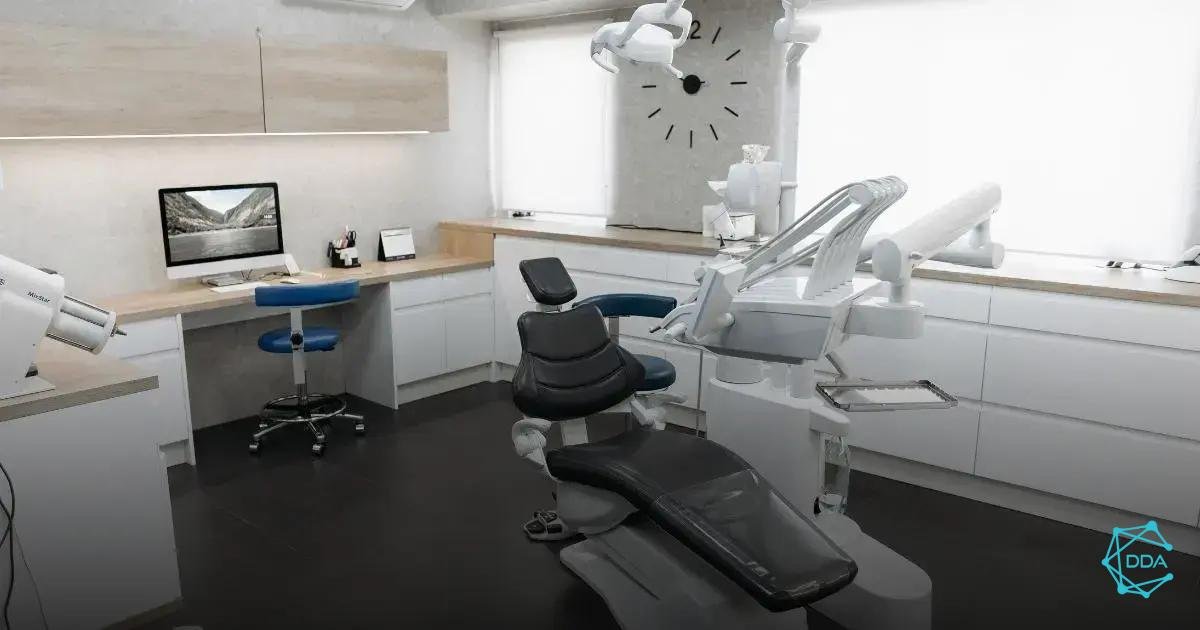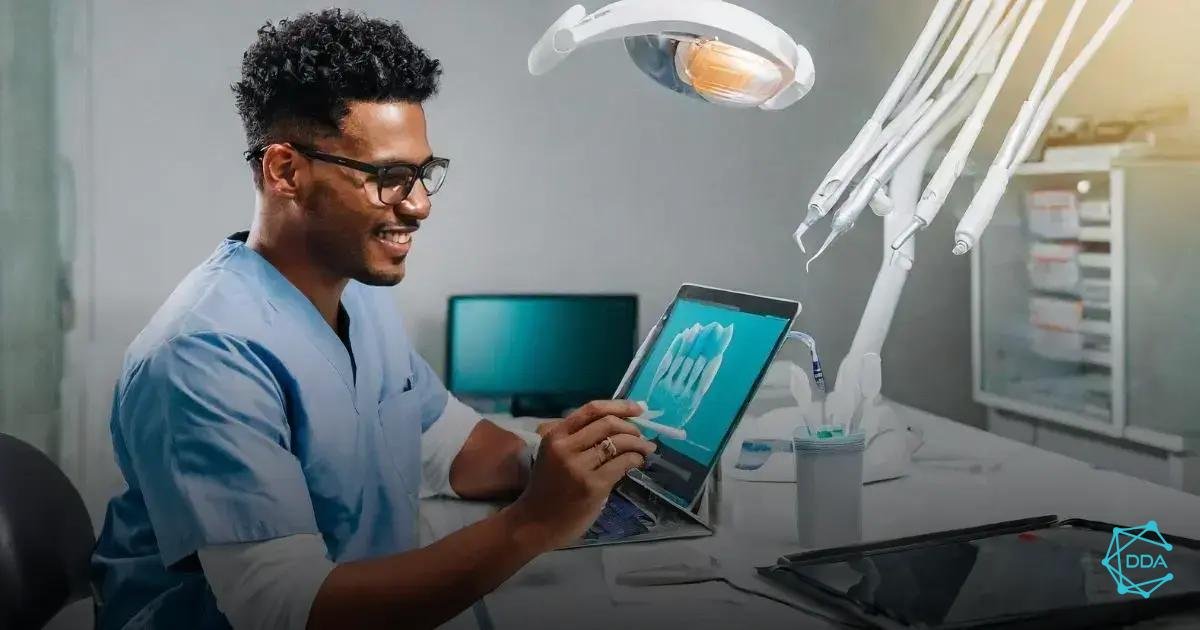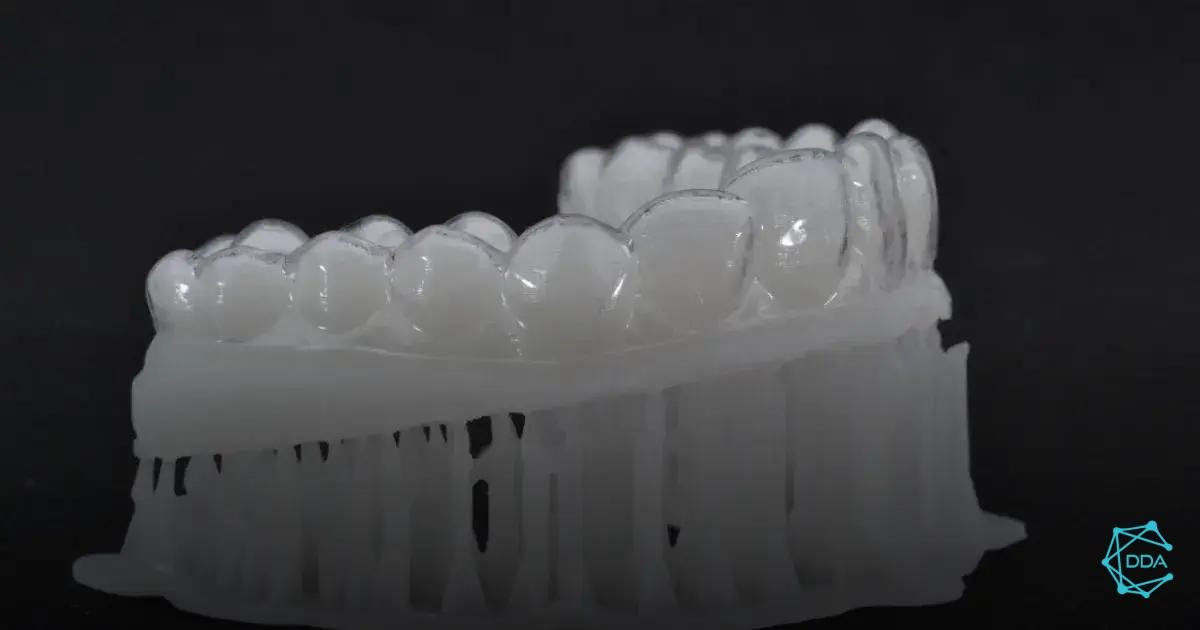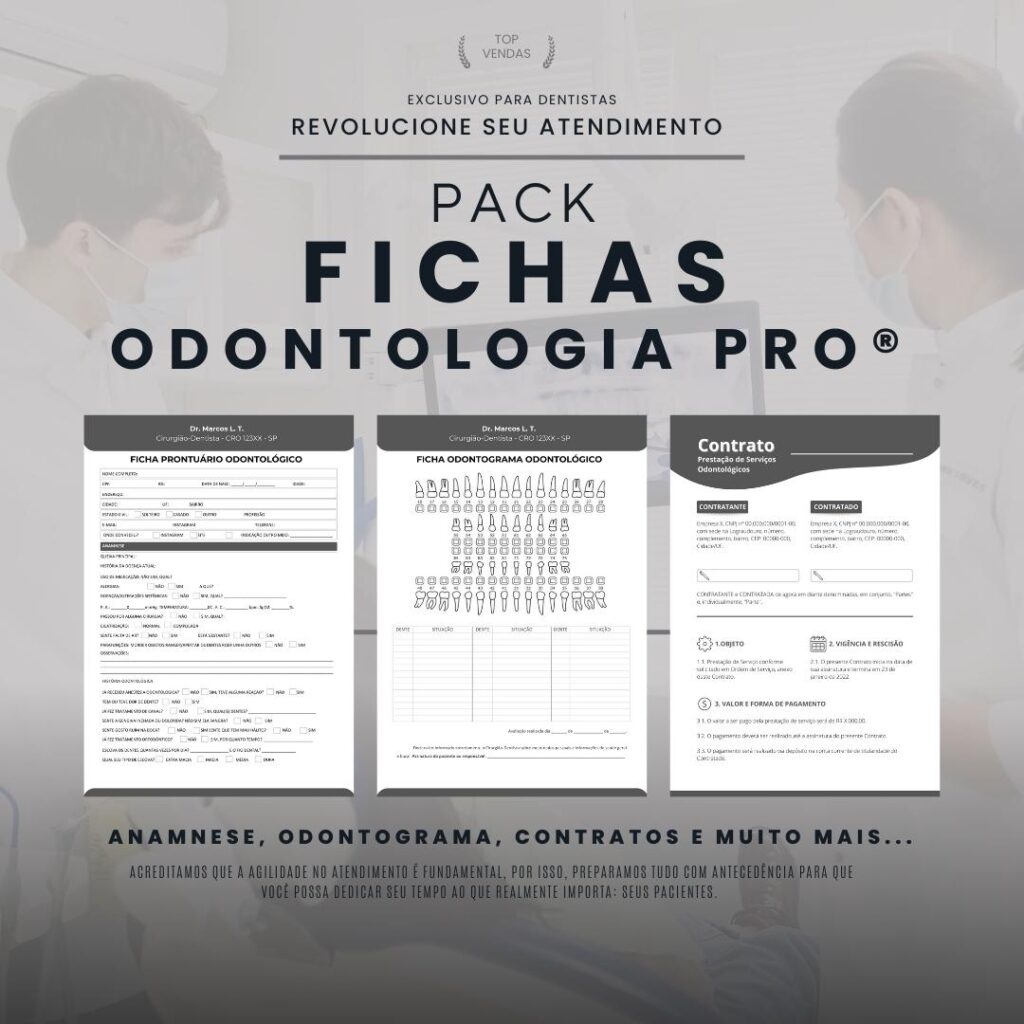To the digital dental solutions are changing the way dentists operate and provide care to patients. With the advancement of technology, it is possible to streamline processes, improve communication and provide a more satisfactory experience. In this article, we will explore the main digital solutions that are transforming dental practices and bringing benefits to both professionals and patients.
Teledentistry: Remote Care


A teleodontology is an innovative solution that allows remote care, facilitating patients' access to dental care. Using technology, such as videoconferencing and applications, dentists can carry out consultations, diagnoses and guidance without the need to travel.
One of the main benefits of teledentistry is the convenience. Patients who live in remote areas or who have mobility difficulties can receive specialized care in a practical way. In addition, this type of care can help in queue reduction and optimization of professionals’ time.
Another important advantage is the continuing education. Dentists can use teledentistry to educate patients about oral care, answer questions, and promote disease prevention. This not only improves patients’ oral health, but also strengthens the dentist-patient relationship.
However, it is essential that professionals pay attention to the ethical standards and security when providing virtual care. Data privacy and the quality of information transmitted must always be prioritized, ensuring that patients receive quality care.
In short, teledentistry represents a significant evolution in dental practice, allowing for more accessible and efficient care, in addition to promoting better patient monitoring.
Management Systems for Practices


You management systems for consulting rooms Dental software are essential tools that help professionals organize their practices efficiently. These software programs offer features ranging from appointment scheduling to financial management, providing a comprehensive view of the clinic.
One of the main advantages of these systems is the process automation. With the ability to schedule appointments online, send automatic reminders to patients, and manage electronic medical records, dentists can save time and reduce administrative workload. This allows professionals to focus more on patient care.
Additionally, management systems provide detailed reports on the clinic’s performance. This includes information on income, expenses and attendance rate, which are fundamental for strategic decision-making and for the growth of the practice.
Another important feature is the inventory management, which allows you to monitor the materials and supplies used in the clinic. With this tool, dentists can avoid shortages of essential products and optimize operating costs.
Finally, integration with digital marketing tools is a feature that has gained prominence. Management systems allow clinics to communicate more effectively with patients, using emails and messages for promotions and reminders, improving loyalty and the patient experience.
In short, management systems are valuable allies for dental practices, providing organization, efficiency and a better experience for both professionals and patients.
Digital Implants and Virtual Planning


You digital implants and the virtual planning are revolutionizing modern dentistry by offering precision and efficiency in oral rehabilitation procedures. This technology allows dentists to perform detailed simulations before surgery, providing a clear view of the final result.
Virtual planning is carried out using specialized software that allows the dentist to visualize the patient's anatomy in 3D. This makes it easier to identify the best areas for implant placement, taking into account factors such as bone density and the position of adjacent teeth.
One of the main advantages of digital implants is the reduction of surgical time. With well-prepared prior planning, the dentist can place the implant more quickly and accurately, minimizing trauma to the patient and accelerating the healing process.
Furthermore, the use of 3D printed surgical guides, which are designed based on virtual planning, provides a greater accuracy in the placement of implants. This results in better adaptation and aesthetics, increasing patient satisfaction with the final result.
Another important issue is the reduction of complications. With proper planning, dentists can anticipate potential problems and take preventative measures, ensuring a safer and more effective procedure.
In short, digital implants and virtual planning not only improve the quality of dental care, but also provide a more comfortable and satisfying experience for patients, raising the standards of contemporary dentistry.
Digital Marketing for Dental Clinics


O digital marketing for dental clinics is a fundamental strategy for attracting and retaining patients in the digital age. With the growth of the internet and social media, clinics need to adapt and use these tools to stand out in the market.
One of the main digital marketing tactics is search engine optimization (SEO). By creating relevant and keyword-optimized content, clinics can improve their visibility in search results, attracting more visitors to their websites and increasing the chances of converting them into patients.
Additionally, social media plays a crucial role in building a clinic’s online presence. Platforms like Facebook and Instagram allow dentists to share content such as oral health tips, promotions, and patient testimonials. This not only increases engagement but also helps build a community around the clinic.
Another important aspect of digital marketing is the e-mail marketing. With a patient contact list, clinics can send informative newsletters, appointment reminders, and promotions. This direct communication is effective in keeping patients informed and increasing loyalty.
Data analysis is also an essential part of digital marketing. Using tools like Google Analytics, clinics can monitor the performance of their campaigns and understand visitor behavior, allowing for strategic adjustments to improve results.
In short, digital marketing offers dental practices a valuable opportunity to connect with patients, increase visibility, and drive growth. By adopting these strategies, dentists can stand out in a competitive market and provide a better experience for their patients.
Patient Communication Tools


To the patient communication tools are essential to improving the dental care experience. With the advancement of technology, dentists can use various platforms to connect more efficiently and effectively with their patients.
One of the most popular tools are the chatbots, which can be integrated into the clinic’s website or messaging platforms. These virtual assistants can answer frequently asked questions, schedule appointments, and provide basic information, offering 24/7 initial support and freeing up professionals to focus on more complex tasks.
Furthermore, the messaging applications, such as WhatsApp and Telegram, have become increasingly used for direct communication between dentists and patients. These platforms allow sending appointment reminders, clarifying doubts and even sending post-operative instructions, improving communication and patient satisfaction.
Another important tool is the use of emails. Through email marketing campaigns, clinics can maintain regular contact with their patients by sending newsletters, oral care tips, and information about promotions. This communication helps keep the clinic top of mind and promotes greater engagement.
In addition to facilitating communication, these tools also help to humanize care. By communicating regularly with patients, dentists can build stronger relationships, increasing trust and loyalty.
In short, patient communication tools are vital to improving the dental care experience. They not only facilitate interaction, but also promote a more welcoming and accessible environment, contributing to patient satisfaction and well-being.







